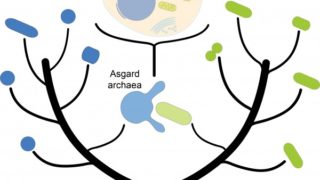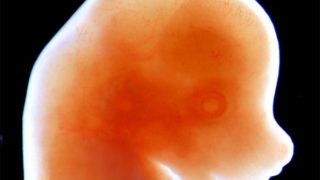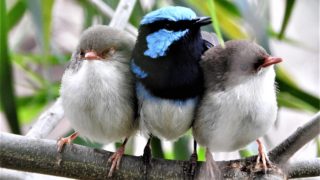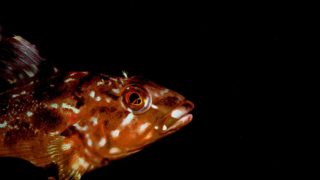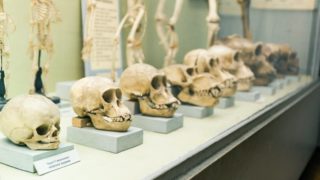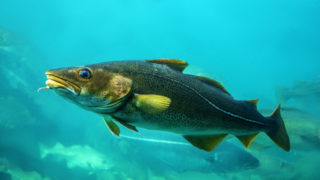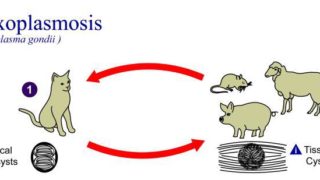
Toxoplasma induces behavioural changes in intermediate hosts and promotes social rise in wolves
Author: Ramón Muñoz-Chápuli has been Professor of Animal Biology in the University of Málaga until his retirement. He has investigated for forty years in the fields of developmental biology and animal evolution. Toxoplasma gondii is a protozoan parasite of warm-blooded animals, including humans. After the acute phase of the infection, the parasite remains latent in […]
